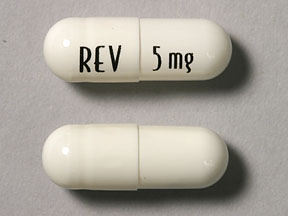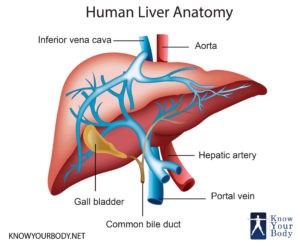
Recently Diagnosed or Relapsed? Stop Looking For a Miracle Cure, and Use Evidence-Based Therapies To Enhance Your Treatment and Prolong Your Remission
Multiple Myeloma an incurable disease, but I have spent the last 25 years in remission using a blend of conventional oncology and evidence-based nutrition, supplementation, and lifestyle therapies from peer-reviewed studies that your oncologist probably hasn't told you about.
Click the orange button to the right to learn more about what you can start doing today.
- You are here:
- Home »
- Blog »
- Multiple Myeloma »
- Myeloma Chemotherapy- Chemo-Induced Liver Inflammation
Myeloma Chemotherapy- Chemo-Induced Liver Inflammation

“After 2 weeks, the tests showed liver inflammation. We have stopped the treatment for 10 days and the liver has returned normal.”
Hi Cancer Coach: Here are some news of myeloma chemotherapy and my induction therapy. The good news- I shared with the oncologist the information you gave me about the incompatibilities between vitamin C, green tea extract and Velcade. He appreciated having this information that he did not know. Currently, I do not take more food supplements to not distort the results of chemo treatment. I will take them back later. The bad news- liver inflammation.
My myeloma chemotherapy started with the usual RVD protocol (Revlimid 25 mg / Velcade 1.3 mg / m2 / Dexamethasone 20 mg) with all complementary drugs to prevent side effects. After 2 weeks, the tests showed liver inflammation. We have stopped the myeloma chemotherapy treatment for 10 days and the liver has returned normal.
As you can see in the attached file the results are excellent. The oncologist is a little surprised by the results so fast, he is of course very happy. I think all the good things I did last year are important. I hardly feel any side effects.
In the usual procedure, it is expected that after the current treatment, there is an autograft. On March 15, 2019, we will have a first interview with Prof Pabst who is the great specialist for autografts. My desire is to have a collaboration with this Professor to find a personalized way between the therapies of conventional medicine and natural therapies. I do not wish to undergo this autograft.
To prepare for this next consultation with the professor, I am currently documenting the effective natural treatments to support the body in the specific case of multiple myeloma. I must give him strong arguments.
If you still have information that is not in your “PeopleBeatingCancer.org” document I would be very happy to have it. Dottie
- MM Survivor
- MM Cancer Coach
- Director PeopleBeatingCancer
Recommended Reading:
- Stem Cell Transplant for Blood Cancers- What you Need to Know
- Autologous Stem Cell Transplant- NO OVERALL SURVIVAL for Myeloma
- Stem Cell Transplantation- Side Effects, GvHD, Complications and Overall Survival
Chemotherapy hepatotoxicity and dose modification in patients with liver disease
●Direct chemotherapy-induced hepatotoxicity.
●Potentiation of preexisting liver disease, especially viral hepatitis. Altered hepatic drug metabolism due to underlying liver disease can result in higher or more persistent drug levels, thereby causing increased systemic toxicity (particularly myelosuppression) or worsening of liver function because of chemotherapy-induced hepatotoxicity.
The interrelationship between the liver and chemotherapy is reviewed here. General aspects of drug metabolism and patterns of hepatic injury are discussed separately, as is reactivation of hepatitis B (HBV) viral infection in patients treated with immunosuppressive therapy, and hepatotoxicity associated with checkpoint inhibitor immunotherapy (ipilimumab, pembrolizumab, nivolumab), as used for advanced melanoma and non-small cell lung cancer…”


